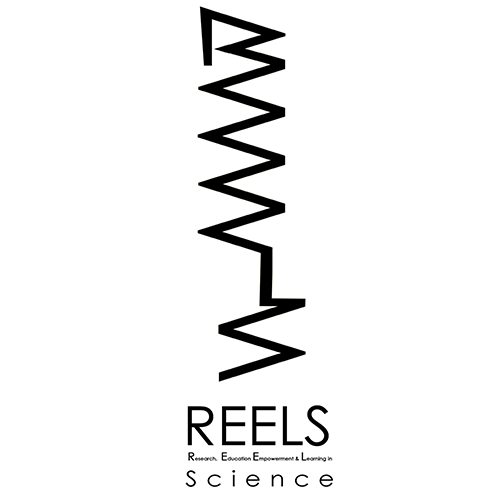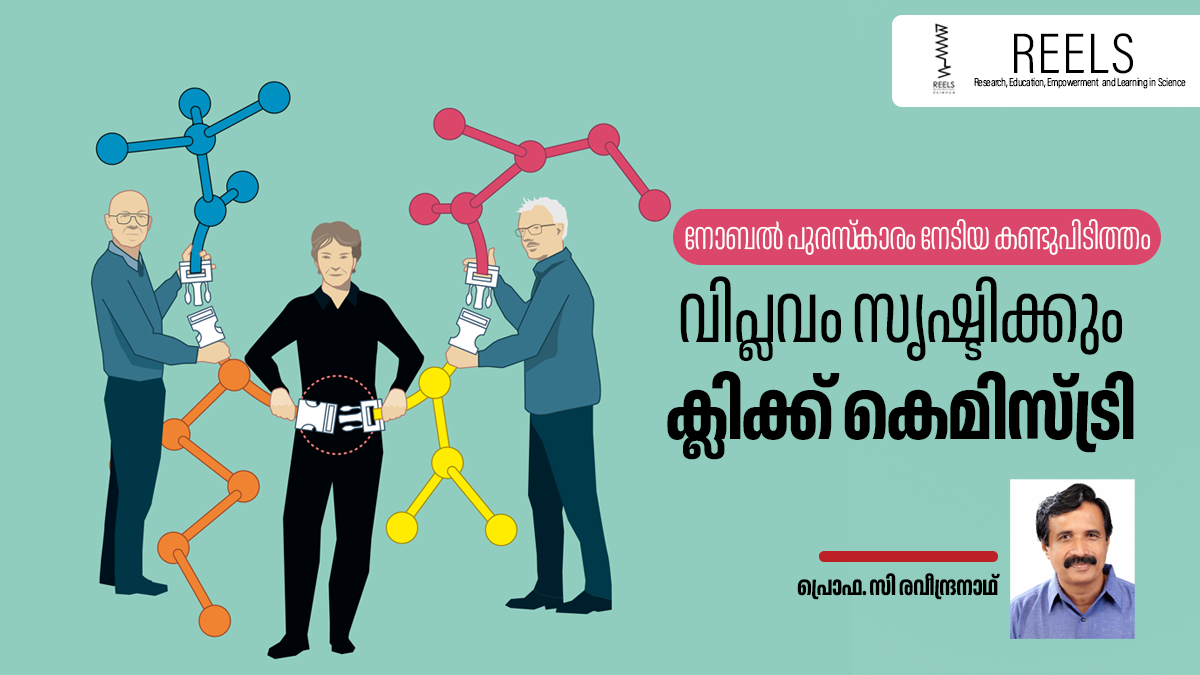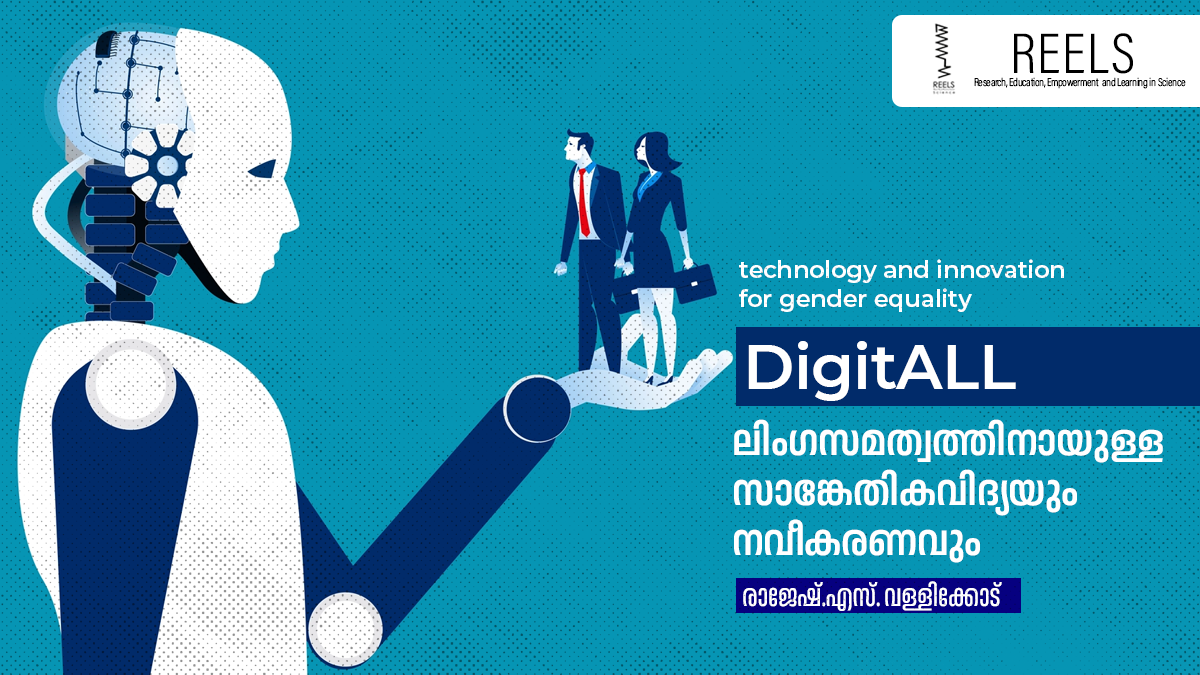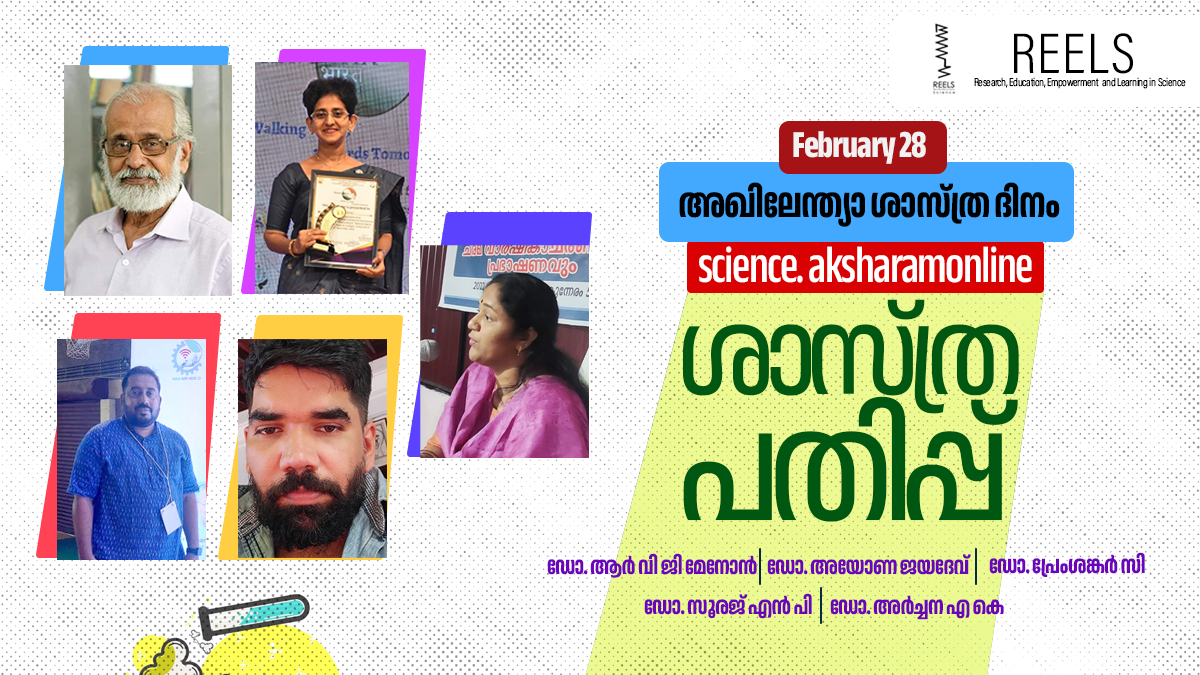The systematic study of the phenomenon that we see and feel around us, Science, took its origin in the capacity of human brain to think and understand. The basis of any understanding lies in observation. Observations may be followed by experimentations. Ever since the modern man originated, he wanted to know more about any natural phenomenon he saw. The capacity of human brain to link similar happenings and occurrences helped him to understand changes on earth and also to plan and execute actions to adjust to the changes. This seems to be a valid reason in the very existence of human species on earth, even today, after reaching and exceeding the Carrying Capacity of earth.
When all other species on earth tried to be on earth by their physiological adjustment, man adjusted the earth and conditions of earth for his life. This was possible largely due to the growing knowledge about earth and its nature through science. Science is thus essential for the sustenance of human life. Along with supporting the provision of the basic necessities for existence, science also provides a better living through various scientific inventions that we enjoy today including health care and medicine, food and agriculture, infrastructure, transportation, electronic gadgets etc.
Science and its growth, surprise us in many ways. As talked earlier, science helped the humans to evolve to the current status. Science is based on experimentation and observation. Science itself evolves to understand many things that was explained earlier in new manner. This sometimes proves that the earlier knowledge is not right. As science grows, the things we know changes. This is because research is an integral part of science. Thus new findings rests on older ones, which sometimes may proves and strengthen earlier findings whereas sometimes contradicts them.
As there is succession of life on earth, there is a similar succession in science also. If we look at the history of science we can see a sequence of changes that came out logically. The changes and additions were at relatively lower pace in the past, but its rate may increase drastically in the future. Recent scientific developments resulted in a technological boom. But coming developments will more be on biological domain. This is because various forms of life are still fascinating to science researchers, as life and life activities are not completely elucidated even now. Technology will keep leading to new knowledge. Whatever that may be understood can be stored and retrieved and circulated due to technological growth we attained. One of the most commonly heard words now-a-days in association with every human activity is sustainability. We need development and scientific growth, but at the same time everything need to be sustainable, which means along with satisfying our current needs and aspirations, none of these activities should compromise the needs and aspirations of future generations. So along with any kind of research and scientific study, one objective will be an element of sustainability.
As already said, science evolved through observations and experimentation. Whenever man felt difficulty to be in a particular situation, he tried to deal it with the knowledge he gained through his observations. Science helped him to find solutions to crisis he faced. Now also this continues. Crisis that are felt now are manifold, such as environmental, social, economic, energy, resource depletion, pollution etc. Due to pollution of various components of earth, we are shifting to greener societies.
Any kind of development supported by science and technology, if is in sustainable manner is supported by national and international agencies. It is very important to generate scientific aptitude in all individuals especially children. To solve real life difficulties they need an analytical mind. For this, inculcating scientific outlook through formal education is important even up to a certain grade. Research capacity is needed to find solutions to the specific problems and to play their part in eradicating it from the society.
As it is seen recently, indigenous knowledge systems which developed long ago due to close interaction of indigenous people with nature are the sources in new science and technology. Now it complements modern science. Those products purely based on technology do not prove to be highly efficient now. This is the case with synthetic antibiotics used in the last few decades. Pathogens have developed resistance against them. This demanded us to synthesize newer antibiotics with complex chemical structure, and hence could not easily be understood by pathogens. But they evolve fast to gain resistance against that. Multiple antibiotic resistance is a problem doctors face during treatment regimes.
The above problem can easily be solved by isolating antibiotic products from natural organisms. As these are gene products and the activities of genes are controlled by multiple factors, there will be slight changes in the antibiotic products they produce and hence, the pathogens will not be able to gain resistance against these easily. Thus, the future growth of science and technology is rooted to indigenous knowledge.
Science, technology, development etc are complicated terms which now cannot be dispensed with. Introducing sustainability concept with these kind of activities and using indigenous knowledge systems wherever possible can be the growth direction of science in future.
Dr Ayona Jayadev
Assistant Professor
Department of Environmental Sciences
All Saints College







